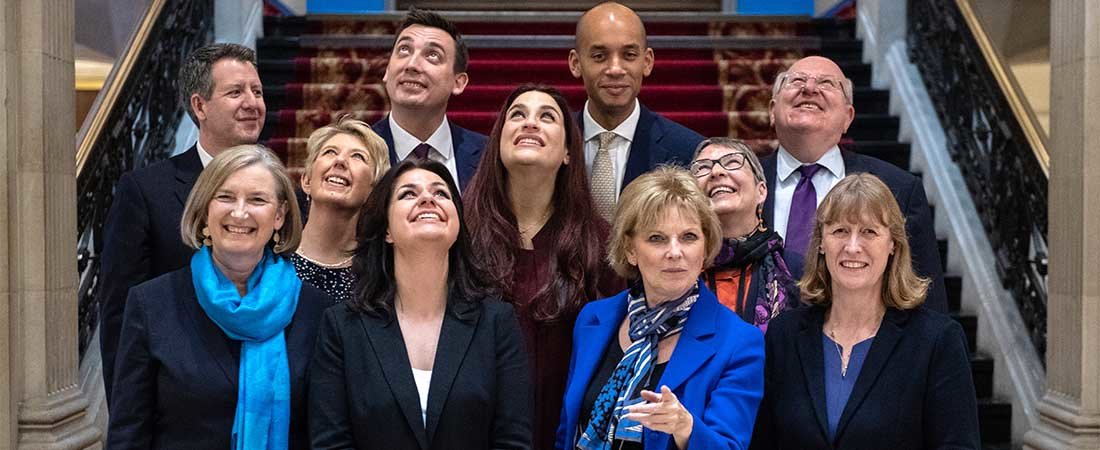Over the last three days eight Labour MPs and three Conservative MPs left their respective parties to start “The Independent Group”, more are rumoured to be thinking of joining them. However this historic grouping (which is not officially a political party yet) still faces significant operational challenges to succeed.
Why this matters: In a moment when trust in the two main parties is low, The Independent Group (TIG) has captured the media’s imagination. Coverage has concentrated on the electoral viability of the personalities involved and it’s as yet relatively sparse policy platform, ignoring TIGs ability to survive and win as an organisation.
The Challenges:
- Are there enough large donors in the UK to sustain the party for the long term? Elections are expensive and the UK doesn’t have a massive giving culture (unlike the US). The traditional big moderate UK donors are said to be drying up after an expensive ‘Saving Labour Campaign’ in 2017 and a Brexit and post-Brexit campaign.
- Will they be able to find small donors? Whilst electoral success is normally found in the centre, political donations are not. Across the globe it is more polarising politicians that are able to galvanise people to part with their money.
- Can TIG build a supporter list quickly enough to ensure they can campaign locally and fundraise? TIG’s website has basic data capture but it will need more than that to compete with the massive, engaged lists of Labour and the Tories. In a post GDPR world this wont be easy and Labour at least has ensured former MPs can’t take any data with them by shutting down campaign tools.
- Will they be able to recruit any councillors to ensure they have reach outside Westminster and committed campaigners, even after the media moves on?
- Can they get everything sorted in time for the next election? As Stephen Bush points out, TIGs cross party members increases the likelihood of another election however, TIG, which is still yet an official party and doesn’t have a campaigning infrastructure in place needs all the time it can get.
Yes, but: The SDP grew from a gang of four to be the third largest party in the UK in a world before social and digital campaigning made it easier to scale campaigns. Polling shows TIG is on 14 per cent of the vote after three days.
The impact: Beyond Brexit, the run up to the spring statement will be important to see how important this new grouping is at impacting decisions.
- Will they be able to align their values as a group for a unified response on the detail of the financial settlement?
- What retail offers or campaigns will they take to the country in the run up to help frame the way it lands?
- Centrists have always liked to tinker with the workings of capitalism rather than doing root and branch reform. They will likely look to attack specific industries or business practices to show they are on the side of voters.
The bottom line: Bringing politicians from different parties together isn’t going to be easy. The media will concentrate on policy and personality but it will be boring processes that decide if The Independent Group will have a lasting impact on British politics.

